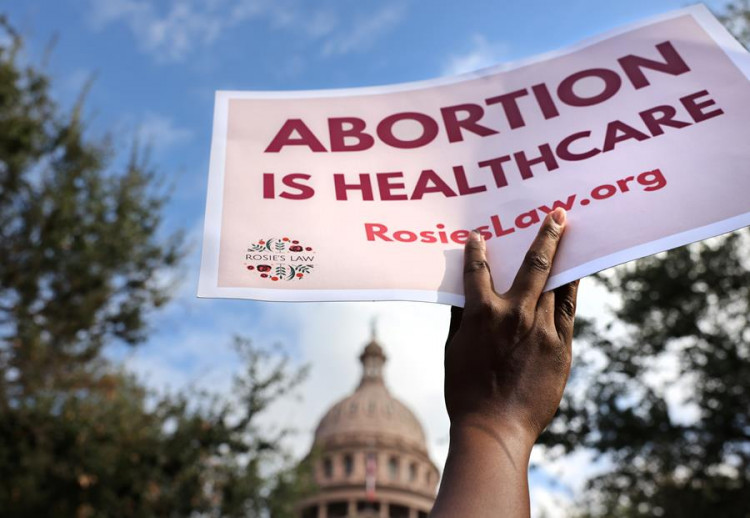As states prohibited or restricted abortion this summer, the number of American women obtaining abortion pills from abroad increased considerably, more than offsetting the majority of the reduction in legal abortions.
According to a study published Tuesday, requests for abortion pills from outside the U.S. have increased since the U.S. Supreme Court's explosive decision this summer to abolish the countrywide right to the procedure.
The study, which was published in the medical journal JAMA, looked at the number of requests made to the telemedicine service Aid Access, which sends abortion drugs from abroad to 30 American states.
Before the Supreme Court's ruling, Aid Access received an average of 83 requests per day from the 30 states in which it is active. However, that number increased to 213 a day in the two months that followed, a roughly 160% rise.
Aid Access was specifically created to assist women in "self-manage" their abortions at home, avoiding regional restrictions or other obstacles.
Following the contentious Supreme Court ruling in late June, abortion was severely restricted or completely prohibited in many states governed by Republicans.
According to the number of women in each state, the states with the biggest increases in Aid Access requests were those with complete abortion bans, including Alabama, Arkansas, Louisiana, Mississippi, and Oklahoma.
In states where abortion was illegal, "current legal restrictions" were stated as a reason for women using the procedure in around 62% of cases following the Supreme Court decision, compared to 31% previously.
According to a New York Times analysis of data from two studies released this week, abortion in the United States fell by about 2% in the first two full months after the Supreme Court overturned Roe v. Wade, after accounting for women who traveled to states where abortion was still legal or ordered pills from abroad.
"If the goal is for some people to remain pregnant when they don't want to be, the goal is being achieved," said Abigail Aiken, a professor at the University of Texas at Austin and a co-author of the new JAMA paper. "If the goal is to end abortion, it's not effective."
Proponents of abortion restrictions claim the new data indicates that the recent bans are effective.
"The results from the WeCount project confirm that pro-life laws save lives," said Chuck Donovan, president of the Charlotte Lozier Institute, an anti-abortion group.
According to a Guttmacher Institute analysis published in early October, at least 66 facilities ceased performing abortions in the 100 days after the Supreme Court's ruling.






